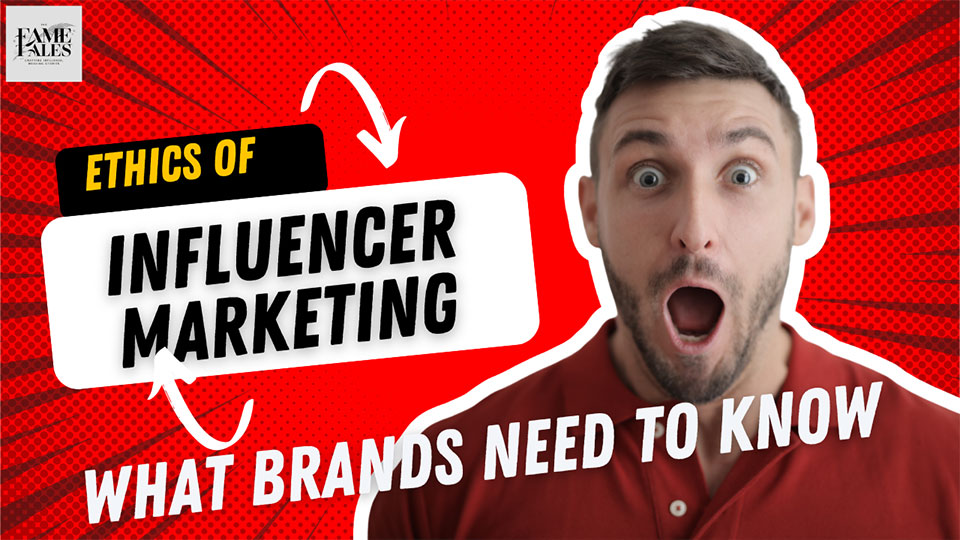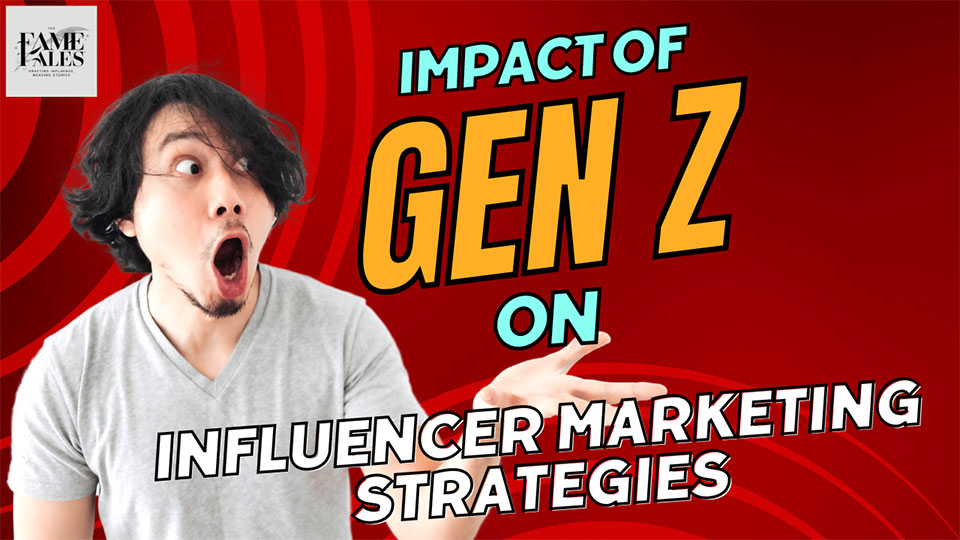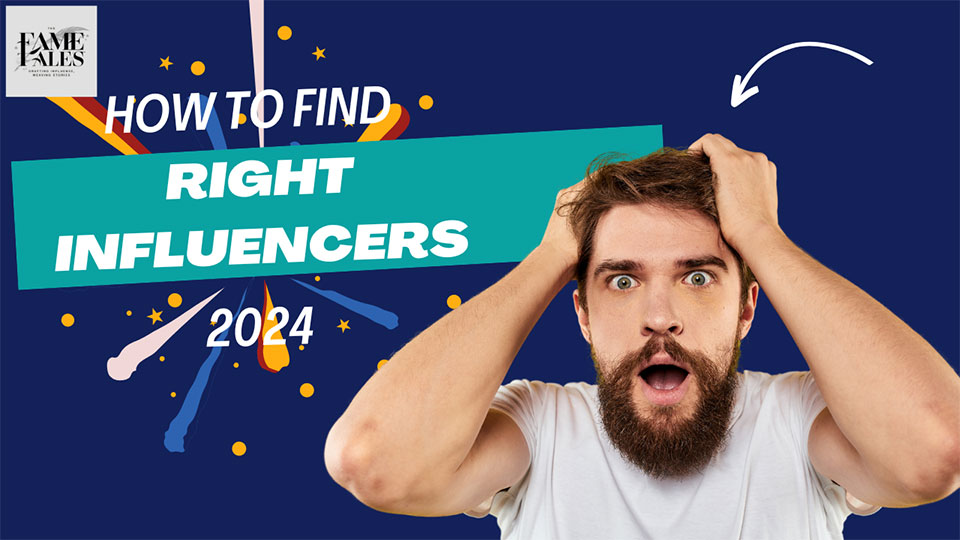The Ethics of Influencer Marketing: What Brands Need to Know

Introduction
In the dynamic realm of digital marketing, influencer marketing has emerged as a powerful strategy for brands to connect with consumers, drive engagement, and boost sales. However, with great power comes great responsibility, and brands must navigate the ethical complexities of influencer marketing to maintain trust, credibility, and transparency with their audience. In this insightful exploration, we delve into the ethics of influencer marketing, examining key considerations and best practices that brands need to know to uphold integrity and authenticity in their campaigns.
Understanding the Ethics of Influencer Marketing
Influencer marketing ethics revolve around transparency, authenticity, disclosure, and consumer trust. As brands collaborate with influencers to promote products or services, it's essential to ensure that these partnerships adhere to ethical standards and guidelines. Failure to do so can lead to legal ramifications, damage to brand reputation, and alienation of consumers.
Key Considerations for Ethical Influencer Marketing
1. Transparency and Disclosure
Transparency is paramount in influencer marketing. Brands must ensure that influencers disclose their partnerships and sponsored content clearly and prominently to their audience. This includes using hashtags such as #ad, #sponsored, or #partner to indicate paid collaborations. Transparent disclosure builds trust and credibility with consumers, helping to avoid confusion or deception.
2. Authenticity and Integrity
Authenticity lies at the heart of influencer marketing. Brands should prioritize collaborating with influencers whose values, beliefs, and lifestyle align with their own. Authentic partnerships result in genuine endorsements and content creation that resonate with the audience, fostering trust and engagement. Brands should avoid pressuring influencers to promote products that they don't genuinely endorse or believe in.
3. Respect for Audience Privacy
Respect for audience privacy is essential in influencer marketing. Brands and influencers should obtain explicit consent before using consumer data for targeted advertising or promotional purposes. It's crucial to comply with data protection regulations, such as the GDPR (General Data Protection Regulation), and respect consumer preferences regarding data usage and privacy.
4. Honesty in Content Creation
Honesty and integrity should guide influencer content creation. Brands should encourage influencers to provide honest reviews, opinions, and experiences with the products or services they promote. Influencers should disclose any material connections or conflicts of interest that may influence their content, ensuring transparency and authenticity in their recommendations.
5. Fair Compensation and Contracts
Fair compensation and transparent contracts are essential components of ethical influencer marketing. Brands should offer influencers fair compensation for their time, effort, and influence. Contracts should clearly outline expectations, deliverables, payment terms, and disclosure requirements to avoid misunderstandings or disputes.
6. Social Responsibility
Social responsibility is increasingly important in influencer marketing. Brands should align with influencers who advocate for ethical and socially responsible practices. Collaborating with influencers who promote diversity, inclusivity, sustainability, and ethical consumption can enhance brand reputation and resonate with socially conscious consumers.
Best Practices for Ethical Influencer Marketing
1. Educate Influencers and Employees
Educate influencers and internal stakeholders about ethical guidelines, regulations, and best practices in influencer marketing. Provide training on disclosure requirements, data privacy, and responsible content creation to ensure compliance and integrity in all influencer partnerships.
2. Establish Clear Policies and Guidelines
Develop clear policies and guidelines for influencer collaborations, including disclosure requirements, content standards, and ethical considerations. Communicate these policies to influencers and monitor compliance to maintain ethical standards across all campaigns.
3. Monitor and Evaluate Campaigns
Regularly monitor and evaluate influencer campaigns to ensure compliance with ethical guidelines and standards. Track key metrics, audience feedback, and engagement levels to assess the effectiveness and integrity of influencer partnerships.
4. Encourage Authenticity and Transparency
Encourage influencers to prioritize authenticity and transparency in their content creation. Emphasize the importance of honest reviews, genuine endorsements, and transparent disclosure to build trust and credibility with the audience.
5. Lead by Example
Lead by example as a brand by demonstrating ethical behavior and integrity in all aspects of influencer marketing. Uphold transparency, authenticity, and social responsibility in your own actions and partnerships, setting a positive example for influencers and consumers alike.
The Benefits of Ethical Influencer Marketing
1. Enhanced Brand Reputation
Ethical influencer marketing builds trust and credibility with consumers, enhancing brand reputation and loyalty. Transparent disclosures and authentic endorsements foster positive perceptions of the brand and encourage long-term engagement.
2. Stronger Consumer Relationships
Ethical influencer marketing fosters stronger relationships with consumers based on honesty, transparency, and authenticity. By prioritizing consumer trust and respect, brands can cultivate loyal advocates who actively engage with and support their products or services.
3. Compliance with Regulations
Adhering to ethical guidelines and regulations ensures compliance with legal requirements and industry standards. By prioritizing transparency, privacy, and fairness in influencer partnerships, brands can mitigate legal risks and protect against potential fines or penalties.
4. Increased Engagement and Conversions
Authentic and transparent influencer content resonates with audiences, driving higher levels of engagement and conversions. Consumers are more likely to trust and act upon recommendations from influencers they perceive as genuine and credible, resulting in increased sales and revenue for the brand.
Conclusion
Influencer marketing presents brands with unprecedented opportunities to connect with consumers, drive engagement, and achieve marketing objectives. However, ethical considerations must guide influencer partnerships to maintain integrity, transparency, and trust with the audience. By prioritizing transparency, authenticity, respect for privacy, and social responsibility, brands can harness the power of influencer marketing while upholding ethical standards and building lasting relationships with consumers. In an age where trust is paramount, ethical influencer marketing isn't just good practice—it's essential for long-term success and sustainability in the digital marketplace.
Other Blog
- Influencer Marketing for Small Businesses: Tips and Tricks
- The Impact of Gen Z on Influencer Marketing Strategies
- How to Find the Right Influencers for Your Brand in 2024
- The Rise of Micro-Influencers in 2024: Why Smaller is Bigger
- How to Measure ROI in Influencer Marketing: Tools and Techniques
- The Benefits of Long-Term Influencer Partnerships
- How to Use Influencer Marketing for Product Launches
- The Ethics of Influencer Marketing: What Brands Need to Know
- How to Avoid Common Pitfalls in Influencer Marketing Campaigns
- The Future of Influencer Marketing: Predictions for the Next 5 Years
Related Blogs

Influencer Marketing for Small Businesses: Tips and Tricks

The Impact of Gen Z on Influencer Marketing Strategies

How to Find the Right Influencers for Your Brand in 2024

The Rise of Micro-Influencers in 2024: Why Smaller is Bigger

How to Measure ROI in Influencer Marketing: Tools and Techniques

The Benefits of Long-Term Influencer Partnerships

How to Use Influencer Marketing for Product Launches

The Ethics of Influencer Marketing: What Brands Need to Know

How to Avoid Common Pitfalls in Influencer Marketing Campaigns

